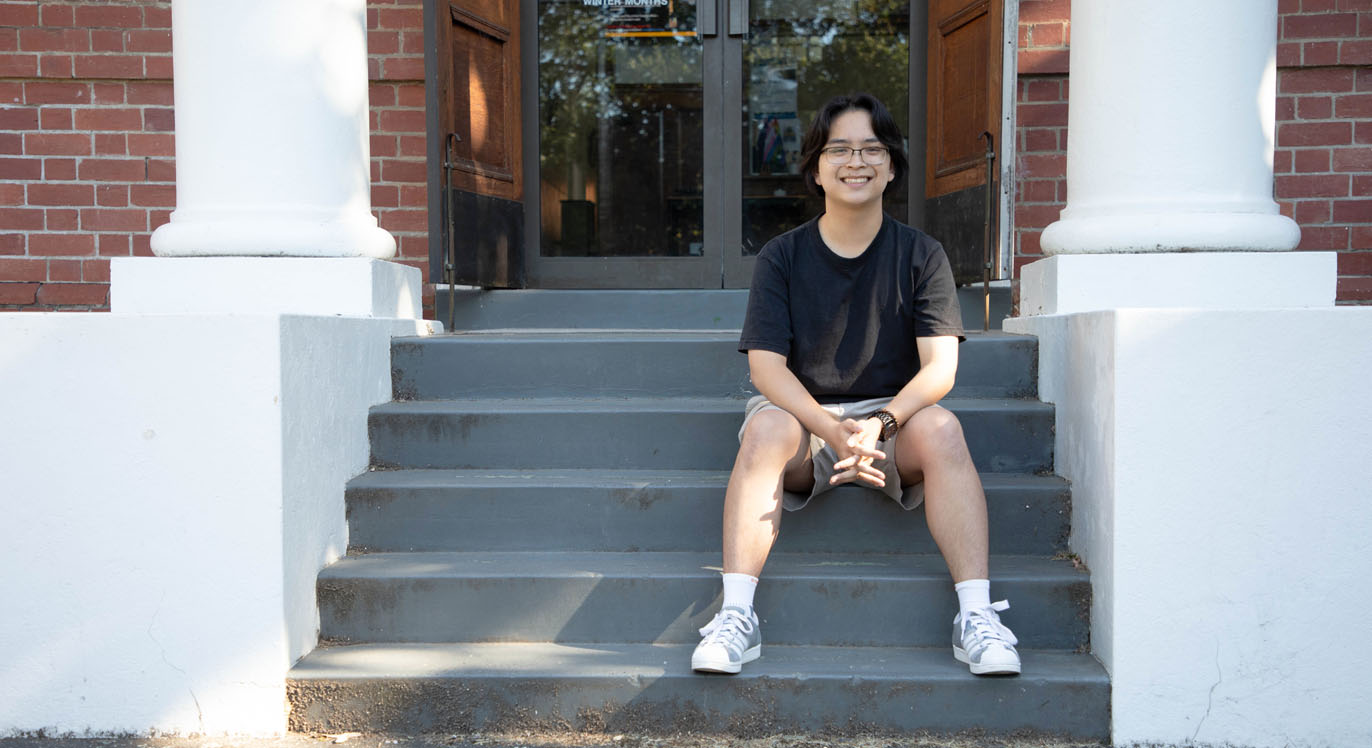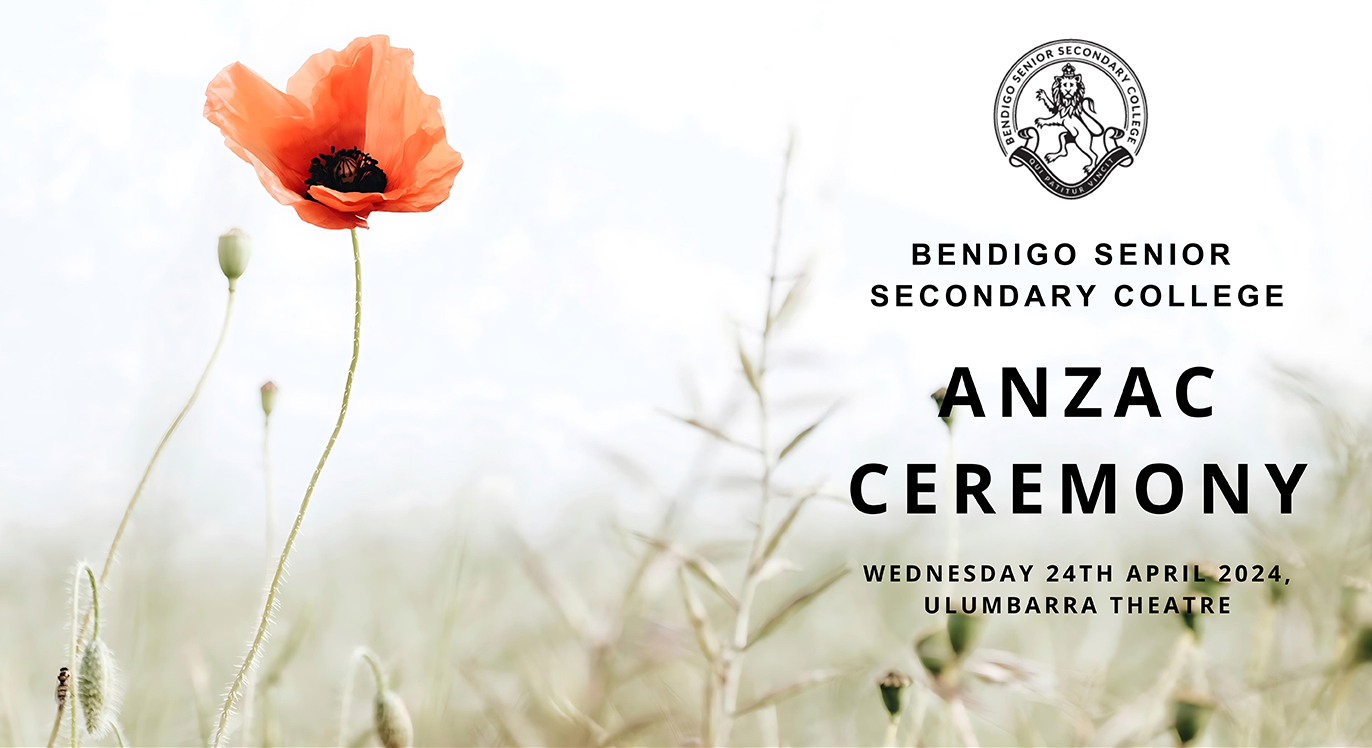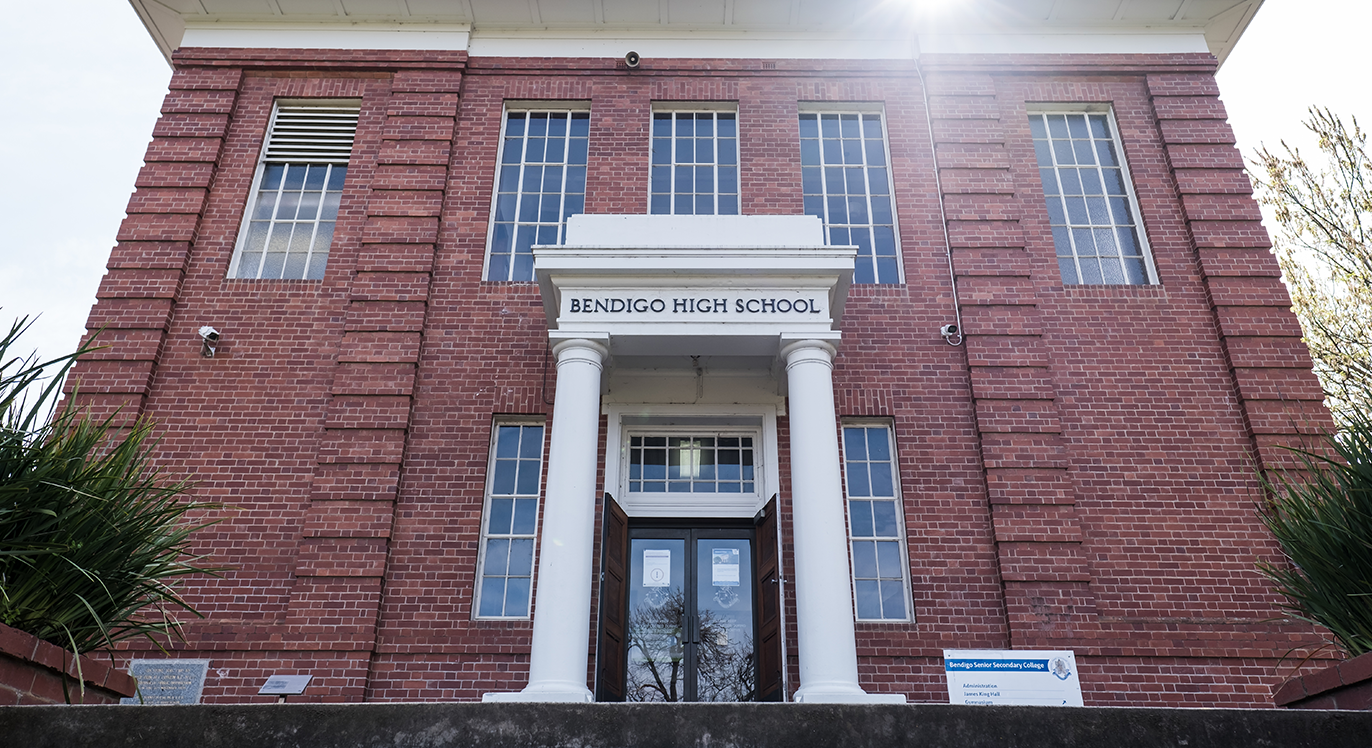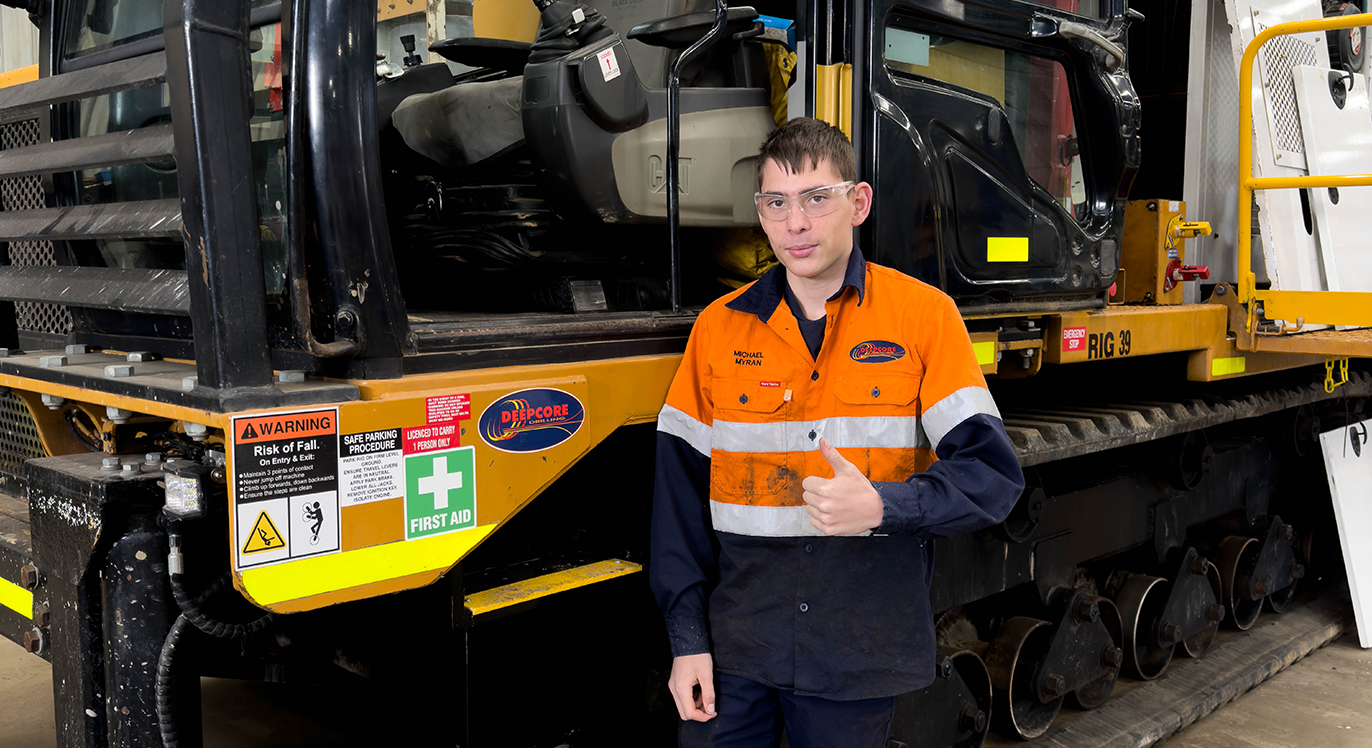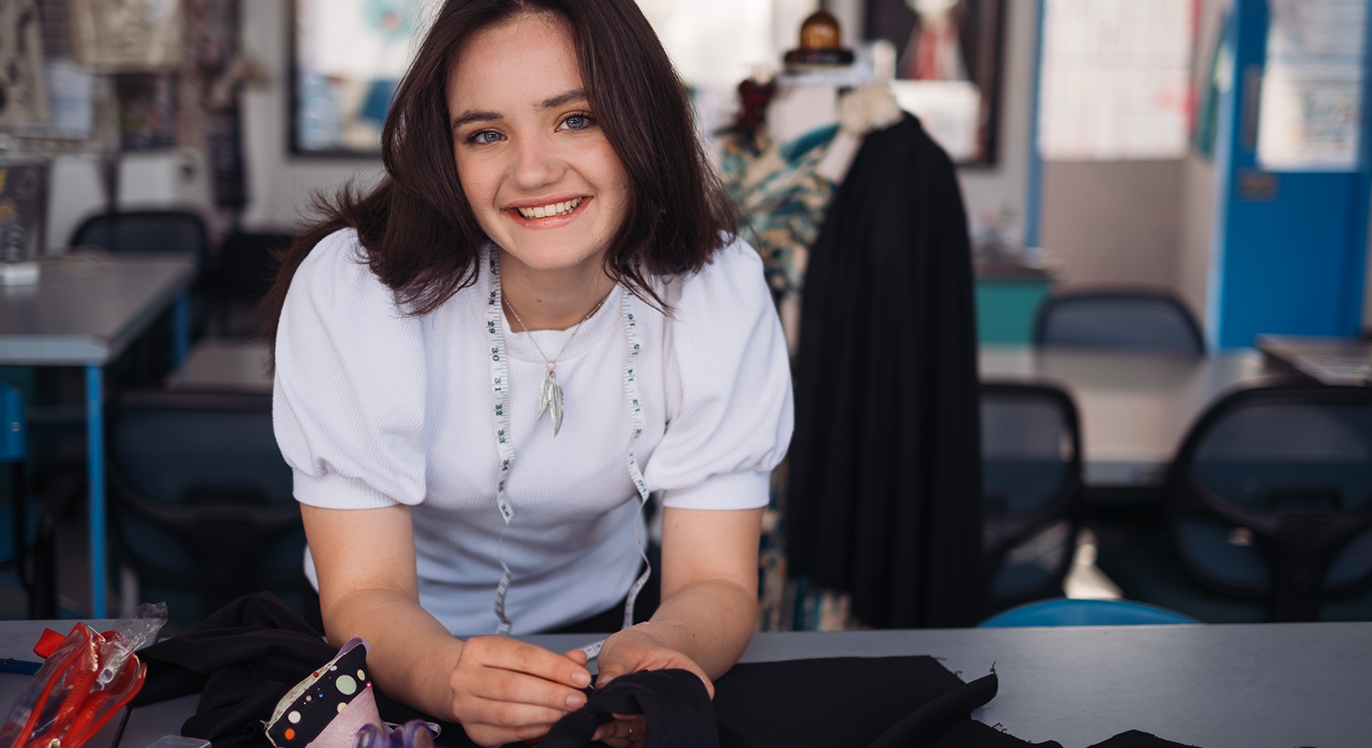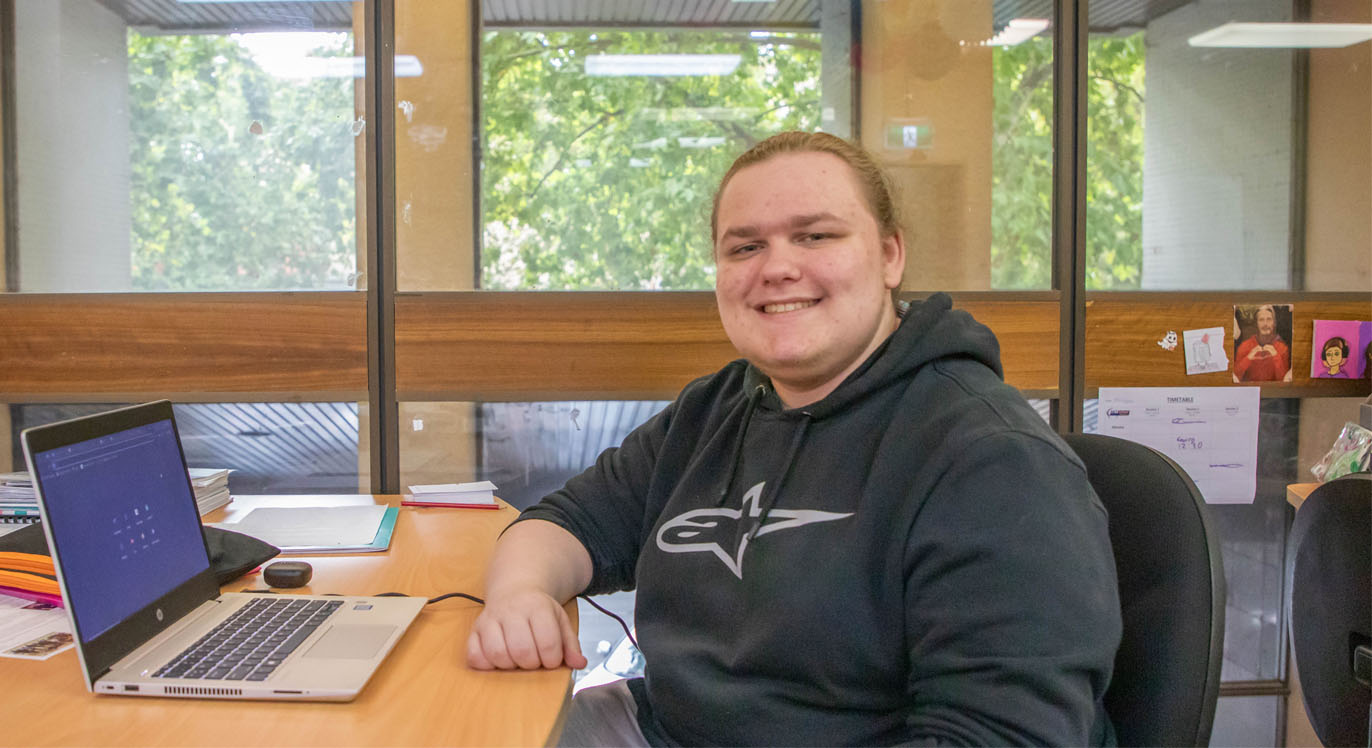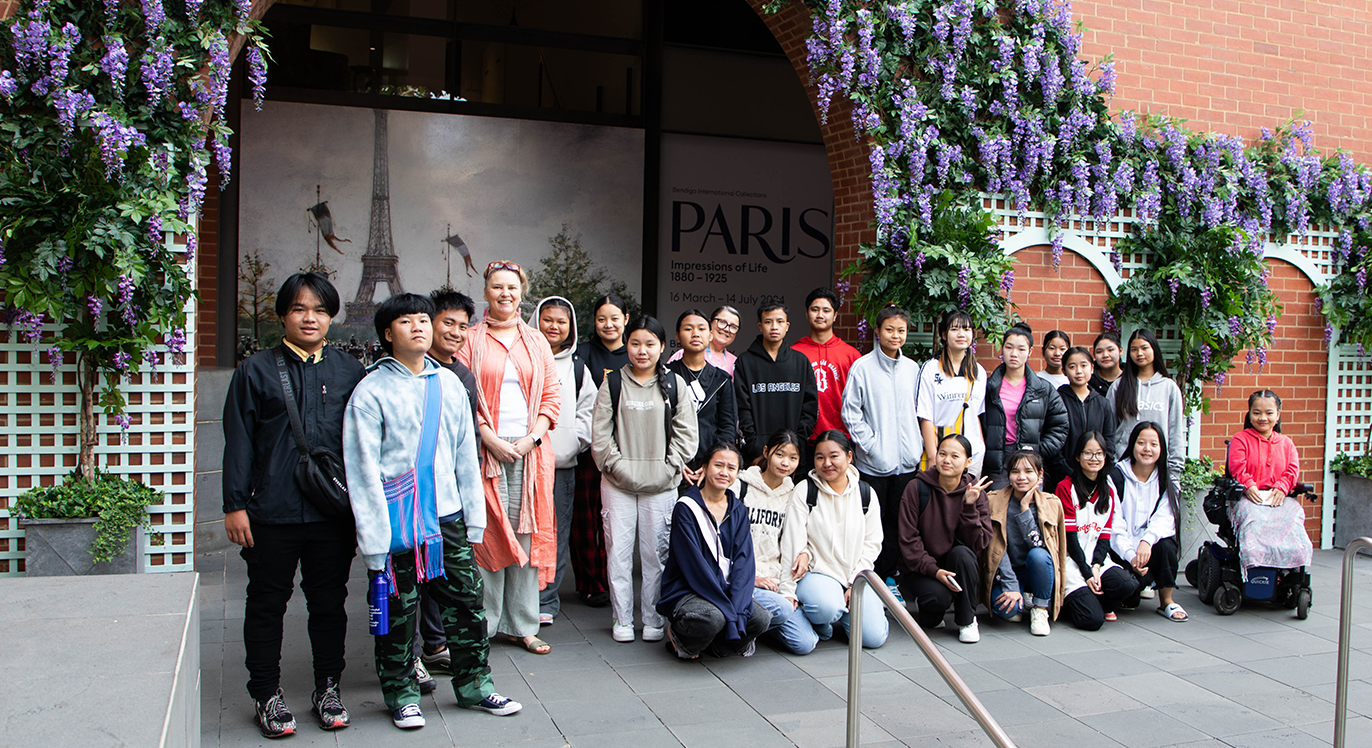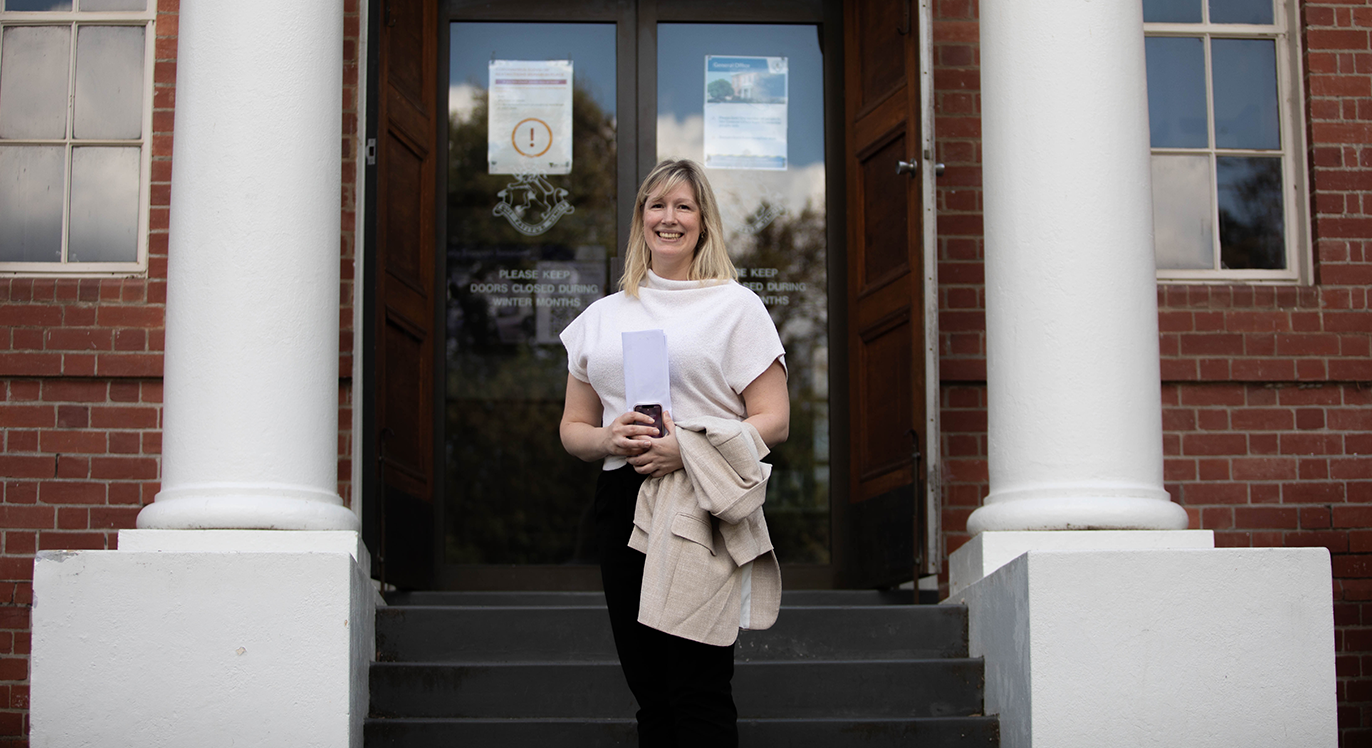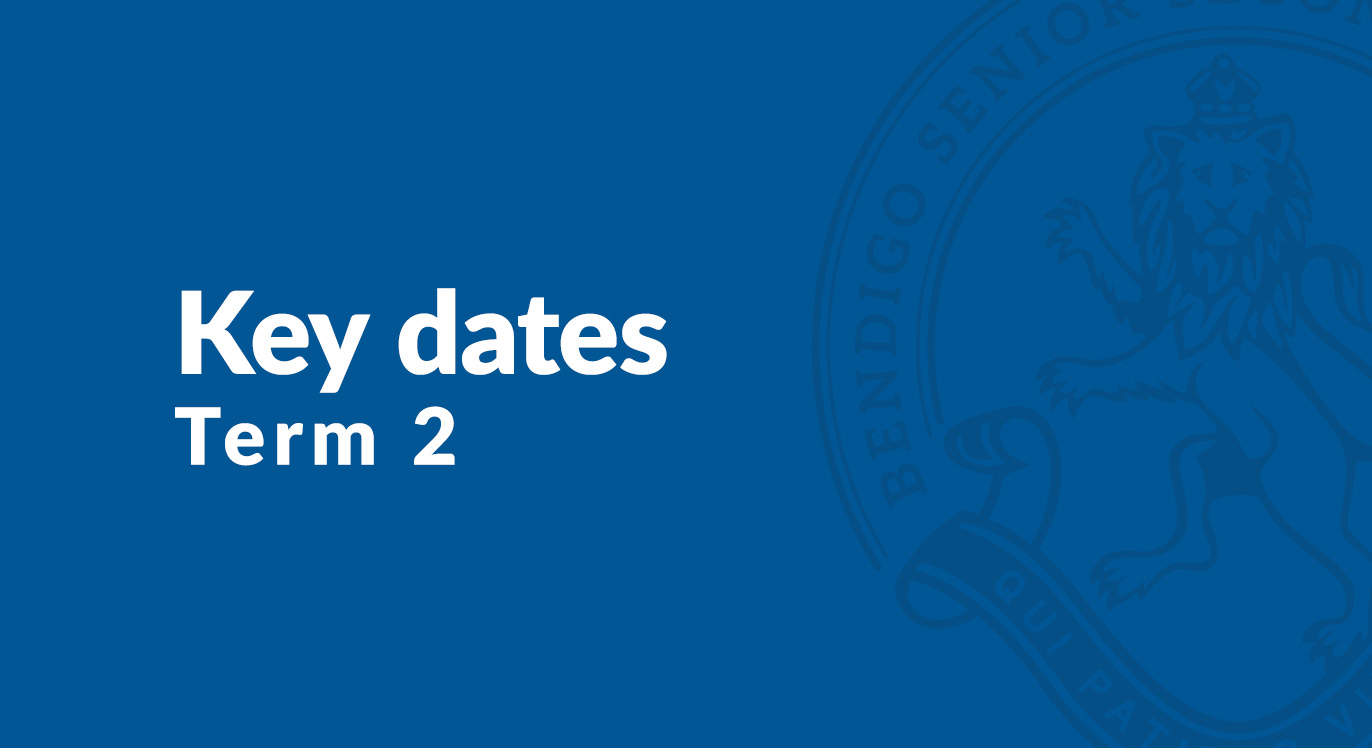Eleven years ago, Miguel Tongco arrived in Australia as a five-year-old from the Philippines.
He immediately noticed the cooler weather and was amazed by the open spaces and uncluttered roads. The absence of air pollution allowed Miguel to see far into the distance—something he had never been able to do before.
He says moving to Australia was like a clean slate in other ways too.
His dad arrived first to set things up for the family and Miguel and his mum came to Australia six months later.
The self-reliance of his parents as they adapted to living in a completely different culture has deeply impressed him.
“They went through a lot deciding to emigrate to Australia. I have no other siblings and they came to Australia for me, leaving everything familiar behind.”
There have been many hurdles to overcome, but Miguel says the benefits of being in Australia have outweighed the negatives “a hundred to one”.
Mirroring the openness of the landscape, Australia has given Miguel the feeling he will be able to become whatever he wants to.
“In the Philippines there are many expectations from family and society in general.
“At school you are ranked as early as Grade 1—a list is put up on the wall in the classroom. If you’re at the top, you feel like you can do anything. But parents are not happy with a child at the bottom.”
Miguel’s experience of Grade 1 was very different. He was enrolled at Heathcote Primary School and while there was none of the dreaded ranking, he could speak no English—and his Filipino was not brilliant either.
“I learnt quite a lot just listening to songs,” Miguel remembers. “But it was not until around Grade 3 or 4 that I became fluent in understanding, speaking and writing English.”
Now a BSSC Year 12 student, Miguel says when he thinks about the college, the word that comes to mind is ‘opportunity’ because of the many options the college offers students.
“I would absolutely recommend this college.”
The flexibility his timetable gives him—with generous study periods—mean he can truly organise his day in a way that works best for him.
Interestingly, this very benefit was one of the more challenging adjustments he had to make when he first arrived at BSSC.
“I had been used to a very rigid timetable and at first, I was like, oh no! But once I got used to it, this flexibility is one of the things I like most about BSSC.”
Miguel says he occasionally uses a study period to take a complete break and finds it very helpful, arriving at his next class completely focused.
He clearly still has a place in his heart for order: his favourite subject at the moment is Chemistry because, he says, “I like how all the numbers fall into place”.
His other subjects are Biology, Maths Methods, English and Philosophy.
“My study tip is, however long you study for, follow it with half that time off. So, I have a half-hour break after an hour’s intense focus.
“I de-stress by reminding myself I can only give my best effort and once I know I have genuinely given my very best, I try to let it go.”
Miguel enjoys reading anything you would find in an encyclopaedia, and loves watching documentaries—even having them playing in the background while he does homework provides ‘white noise’ he finds helpful.
His interest is mainly scientific but very broad—from the natural world to human biology to chemistry.
He is planning to become involved with leadership opportunities this year, with particular interest in becoming an environmental leader at BSSC.
“Having experienced air pollution firsthand, I would say it’s the biggest environmental issue I can relate to. I know how much of an impact it has on the day-to-day lives of people and future outcomes may, sadly, be negative.”
Numerous interests outside school have been put on hold—tennis and hip hop—so Miguel can focus on VCE.
Music has also been an important part of his life. He plays both violin and bassoon and was part of BSE’s concert band. Once again, as part of prioritising VCE, there’s not much music happening right now.
The future plan is to focus on human wellbeing with Miguel planning a career in Medicine or Psychology.
He looks back over the diverse experiences life has brought him so far, and is grateful and proud of the way he’s been able to adapt to new places, people and situations—especially during those early years in primary school trying to communicate without words.
If Miguel could go back and give his younger self some advice, he would tell himself to be grateful for everything that has happened to him.
“I would say I am now 100% happy in Australia.”

